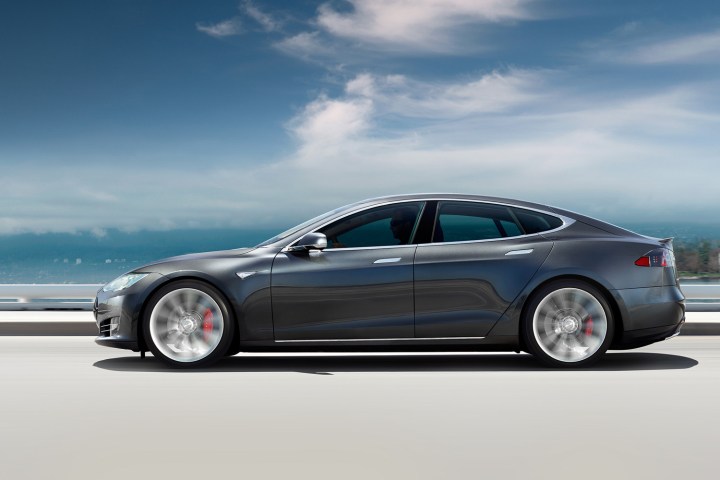
The Consumer Reports article and other recent attention paid to Tesla’s Autopilot and Autosteer follow a fatal accident that occurred on May 7 with Autopilot engaged, and at least two other accidents in which the drivers claimed Autopilot was turned on but failed to prevent a collision. In some cases, Tesla’s data records for the involved vehicles showed that Autopilot mode either was not turned on or that alerts were sounded and displayed but ignored by the driver.
All Tesla vehicles with Autopilot hardware transmit data continuously to the manufacturer, whether Autopilot is engaged or not. Tesla has maintained from its introduction that Autopilot is a “beta” program and that drivers need to be ready to take over when needed, with or without an alarm from the system.
In its July 14, 2016, article Tesla’s Autopilot: Too Much Autonomy Too Soon, Consumer Reports called on Tesla to take four specific actions:
“Disable Autosteer until it can be reprogrammed to require drivers to keep their hands on the steering wheel. Stop referring to the system as ‘Autopilot’ as it is misleading and potentially dangerous. Issue clearer guidance to owners on how the system should be used and its limitations. Test all safety-critical systems fully before public deployment; no more beta releases.”
Consumer Reports wrote that its experts, “believe that these two messages—your vehicle can drive itself, but you may need to take over the controls at a moment’s notice — create a potential for driver confusion. It also increases the possibility that drivers using Autopilot may not be engaged enough to react quickly to emergency situations.”
Laura MacCleery, Consumer Reports’ vice president of consumer policy and mobilization said, “By marketing their feature as ‘Autopilot,’ Tesla gives consumers a false sense of security.”
Consumer Reports also quoted a report from Google’s Self-Driving Car Project in which it described the Handoff Problem, “People trust technology very quickly once they see it works. As a result, it’s difficult for them to dip in and out of the task of driving when they are encouraged to switch off and relax.”
Tesla has said it is writing a blog post to help owners have a better understanding about what it can and cannot do and how they should use it. Tesla also responded to Consumer Reports with the following, according to Electrek, “Tesla is constantly introducing enhancements, proven over millions of miles of internal testing, to ensure that drivers supported by Autopilot remain safer than those operating without assistance. We will continue to develop, validate, and release those enhancements as the technology grows. While we appreciate well-meaning advice from any individual or group, we make our decisions on the basis of real-world data, not speculation by media.”
Editors' Recommendations
- Tesla’s Autopilot can be easily tricked, engineers find
- See how popular car brands fared in new Consumer Reports survey
- Elon Musk says ‘profound’ Autopilot update will roll out to Teslas soon
- Cadillac Super Cruise vs. Tesla Autopilot
- Tesla ‘working super hard’ on auto stop for traffic lights, Elon Musk says




